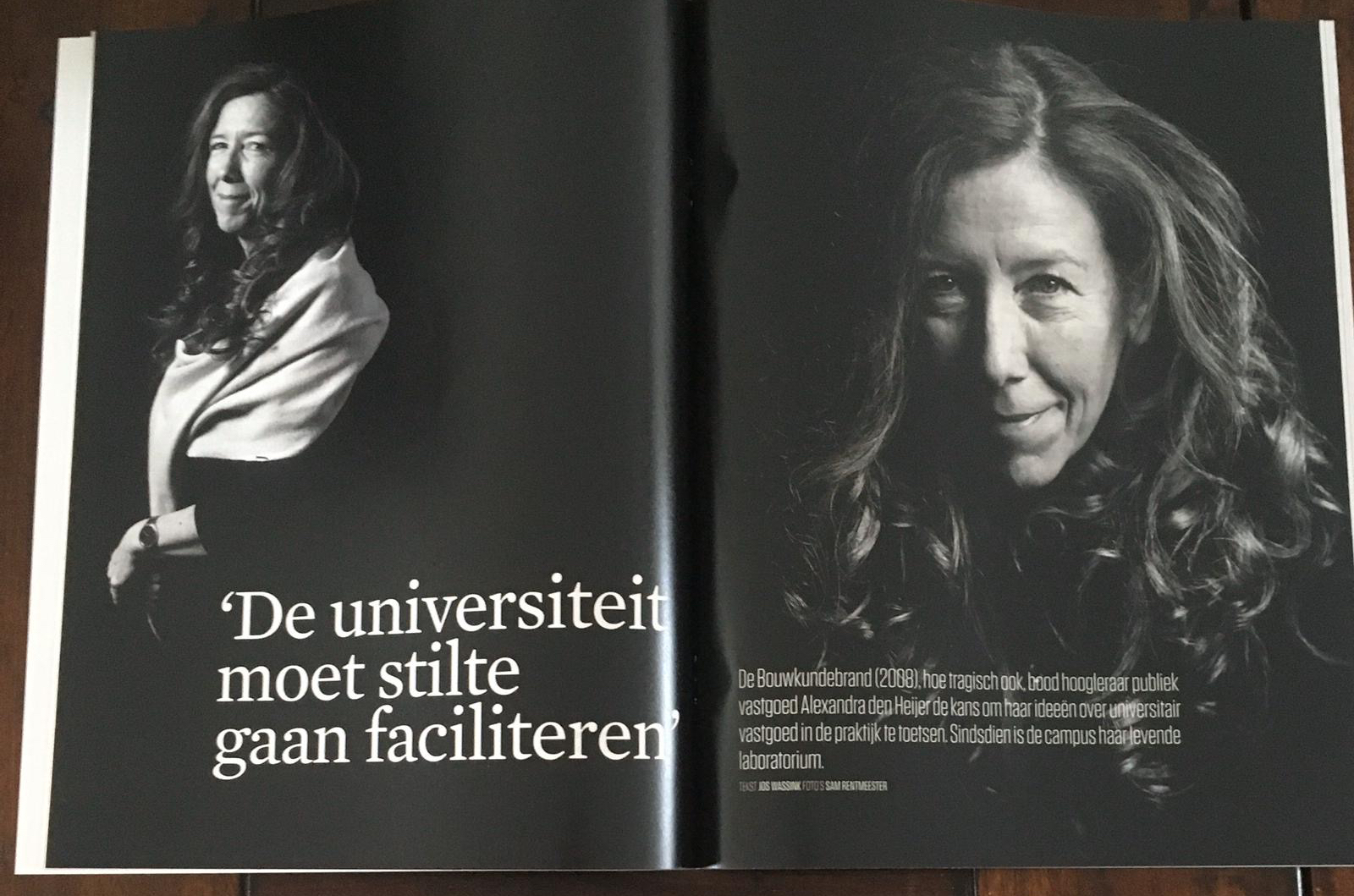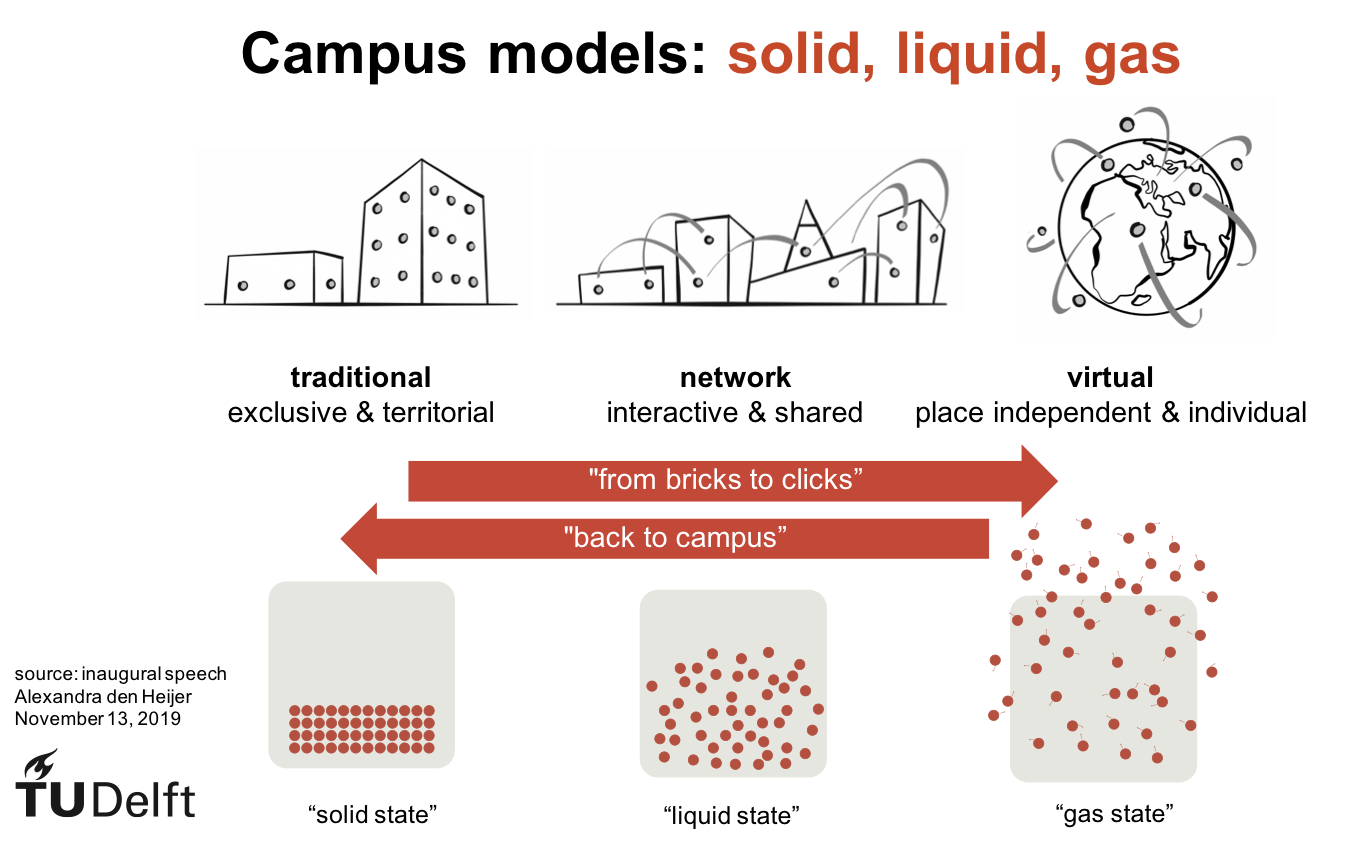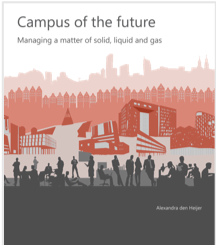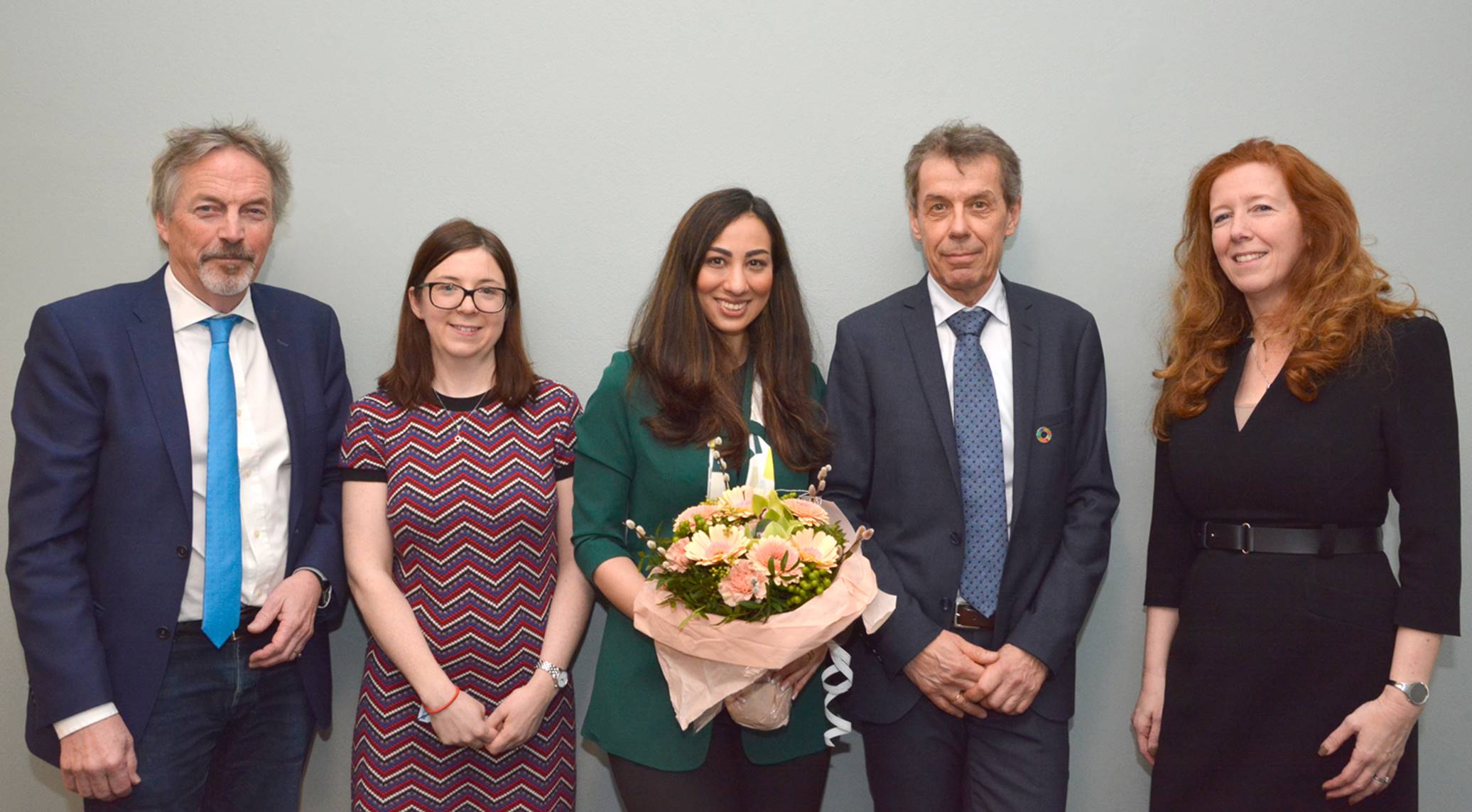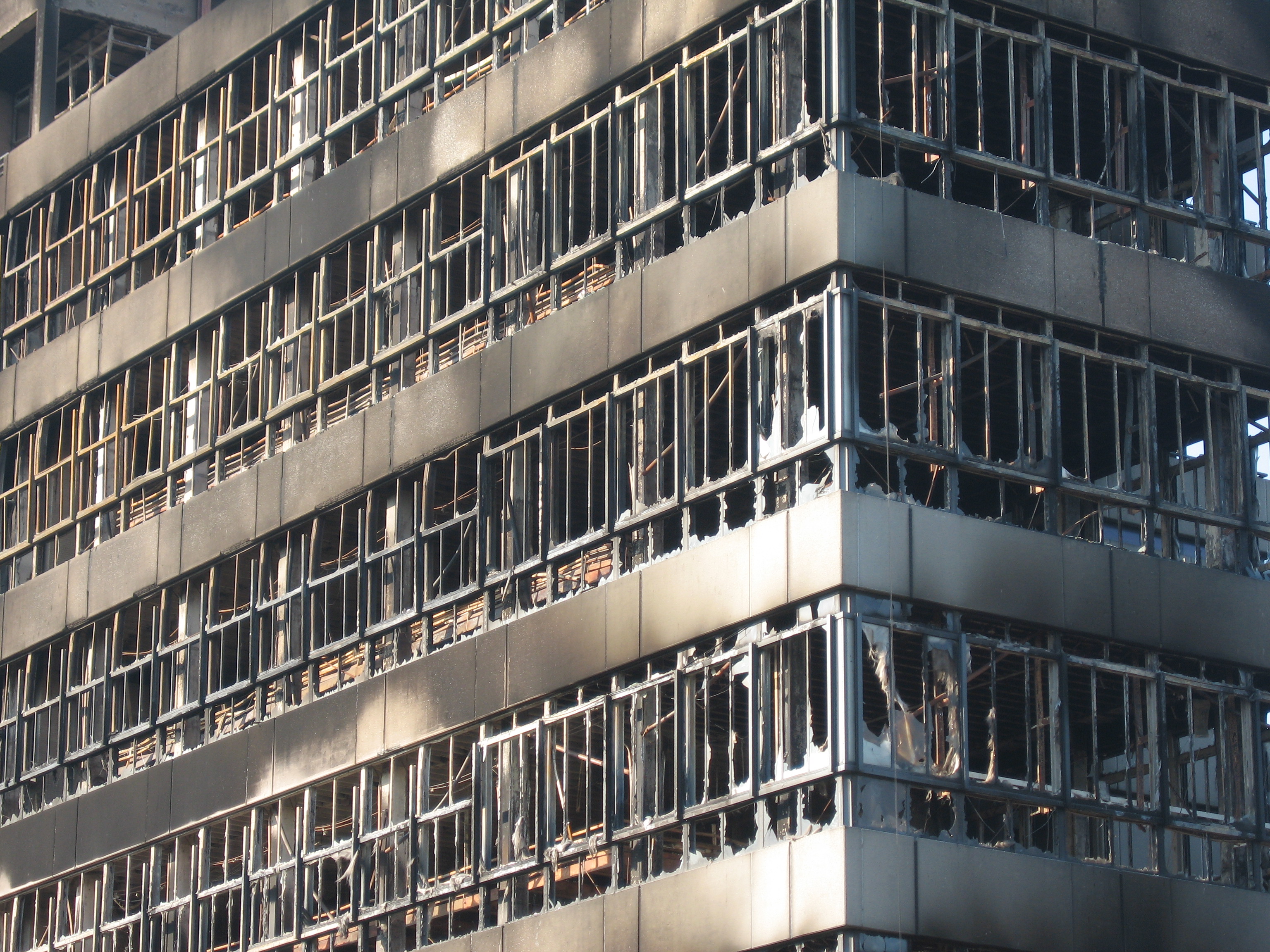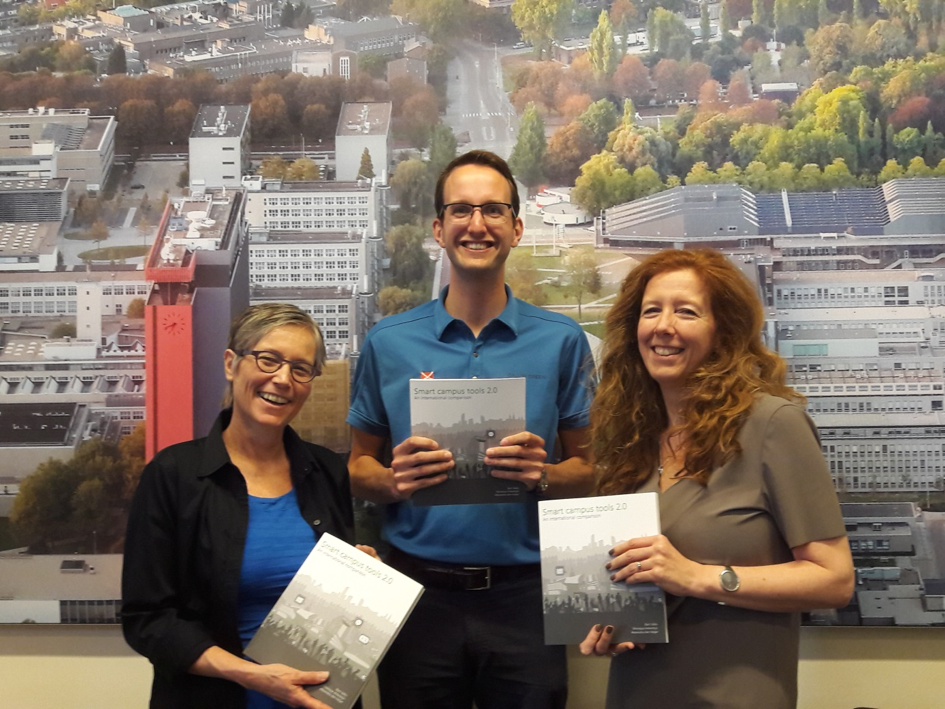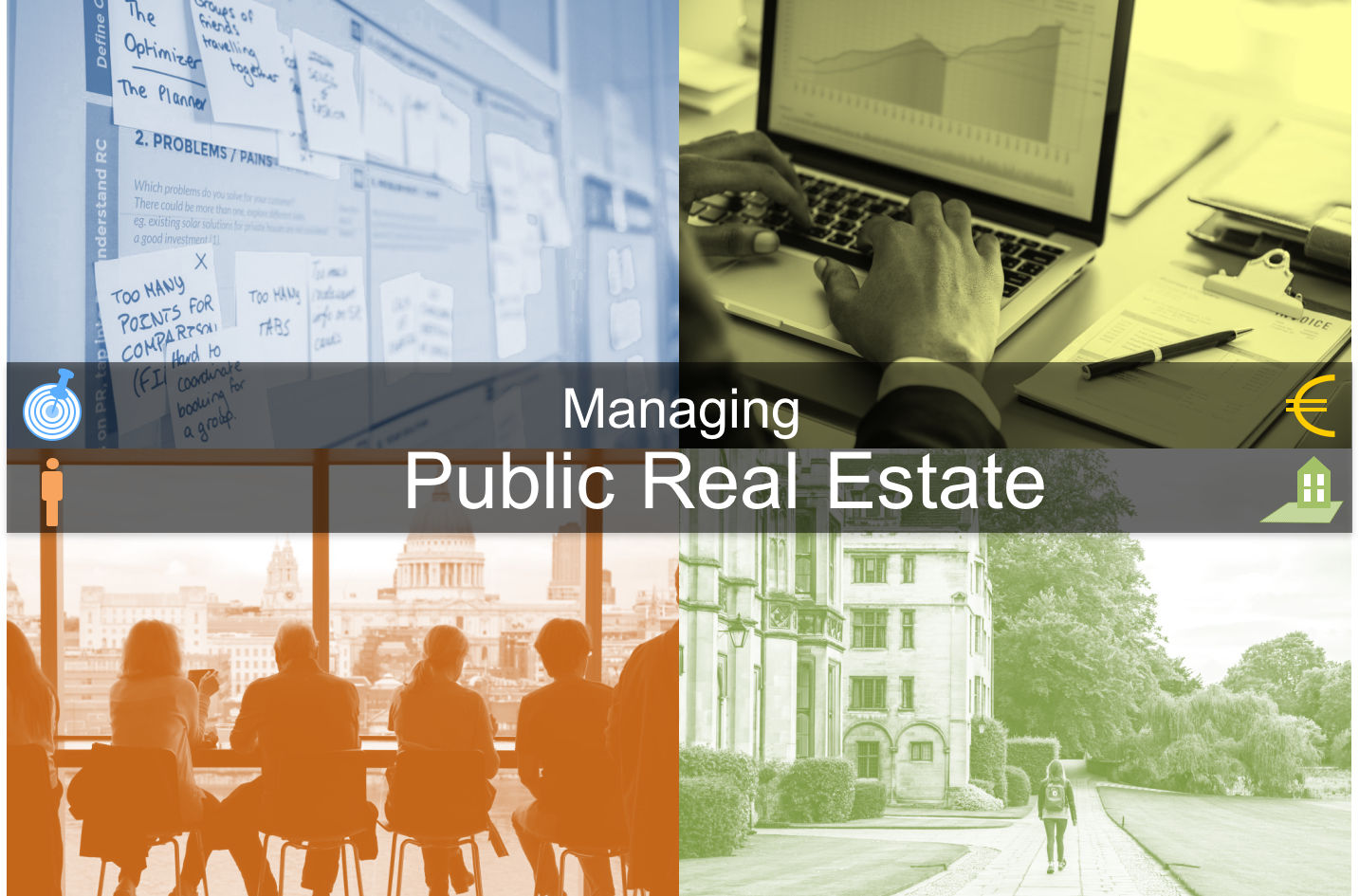by Alexandra den Heijer
Personal loss during the corona crisis made me reflect on practical every aspect of life and work. My father’s death during the most restrictive period of NL’s lockdown (mid April 2020) confronted me with the loneliness and emptiness of the virtual reality.
While my regular work continued in the past three months, I did spend some time to recover… and rethink some of the balances in life, and on campus.
The more digital our daily activities become, the more we appreciate old-school, analogue alternatives… as counterweights. Not to replace them, but in binary combinations:
- with all the online lectures, why not reintroduce some lectures without technology
- after days filled with online meetings, looking your colleagues in the eyes without distracting screens should be reinvented as an old-school meeting format
- after Skype coffee breaks, Webex pub quizes and Zoom drinks, any social gathering without smart phones would be very welcome
Summarized: the high-tech campus should be combined with the no-tech campus.
High-tech and no-tech could be combined by introducing high-tech and no-tech zones: this could be places or time slots. Libraries could have no-tech zones and employees could schedule no-tech time slots, to assure their focus and improve their mental health. As a counterbalance of our apps, the popularity of jigsaw puzzles, old-school board games and (Lego) bricks at home has also been observed at the (academic) office…
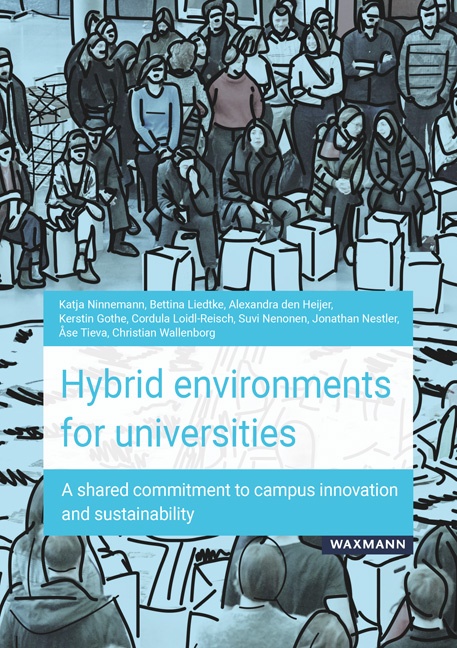
The book can be downloaded (for free) on the website of the publisher Waxmann; the official book launch is September 1, 2020.
Combining the buzz of the campus with the sound of silence was also subject of my “expert voice” that was published on the website of the European University Association (EUA), July 7, 2020.
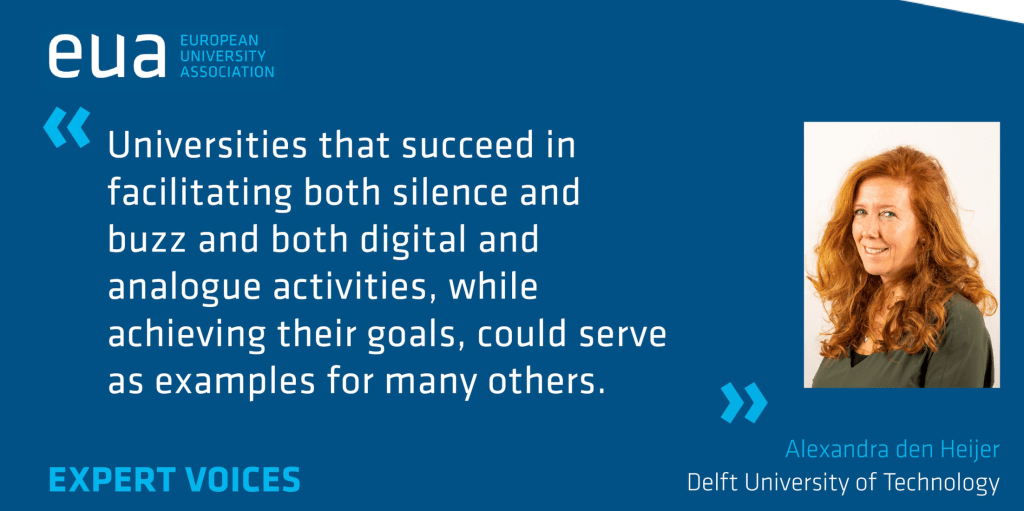
In the same spirit, I wish you a healthy, relaxed and no-tech Summer.

